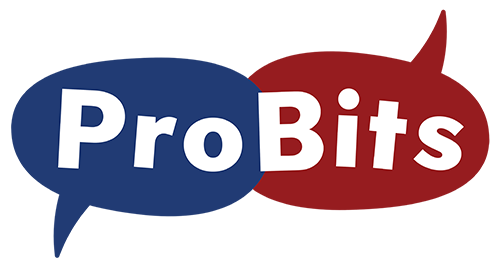Gut instinct is powerful and useful. As human beings, we have been turning off our gut instincts at the altar of knowledge and intelligence. For some, gut feeling may seem amorphous and lacking intellectual rigor.
One way we can think of our gut instinct is to see it as another data point that can guide us. For example, if you’re in a meeting and nine out of ten people have a gut sense about something, that data can guide further discovery. One way to introduce your gut feeling into a meeting is to say, “My sense is . . .” This is a subtle way to introduce something in a nonconfrontational way. Saying it this way is more open-ended than saying “I think . . .” or “I feel . . .”
Be mindful that your gut can have inherent bias. We tend to gravitate toward people and ideas that align with how we think, act, and look. In these cases, our gut may move us in the wrong direction. Be mindful that our underlying biases can undermine good decision-making. The key is to be mindful of our gut and treat it like another piece of data.
